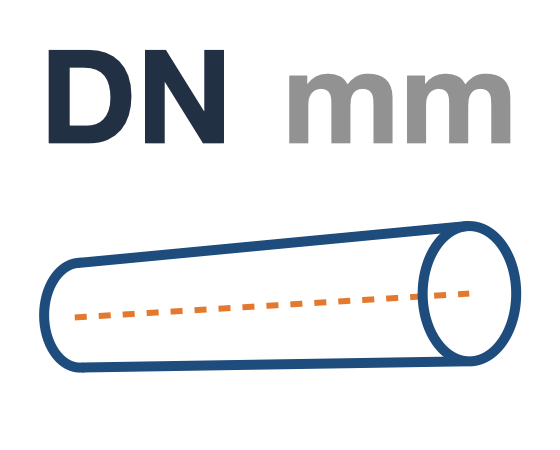Please do not block ads on our site. Clicks on ads help us exist, grow and become more useful for you!
Heating сurve

Temperature heating curve - the dependence of the hot water temperature in the heating system on the outside air temperature.
The temperature of the water at the inlet to the heating system depends on the temperature of the outside air. Lower outside air temperatures necessitate higher water temperatures for the heating system.
The temperature curve is determined during the design phase of the building's heating system, influencing the sizing of heating devices, water flow rates, and pipeline diameters.
Two numbers are used to represent the temperature graph, such as 90-70°C. This indicates that, at the calculated outside air temperature (for Kyiv, -22°C), in order to maintain a comfortable indoor air temperature (typically 20°C), water with a temperature of 90°C should enter the heating system and exit at 70°C.
The temperature curve is utilized for debugging and analyzing the operation of heating systems. For instance, an overestimated water temperature at the heating system's exit suggests a high water flow rate through that branch, while an underestimated temperature indicates insufficient flow.
Heating systems in buildings up to 10 floors constructed in the last century were typically designed to operate with a heating schedule of 95-70°C. For taller buildings, a higher temperature schedule of 105-70°C was commonly adopted. However, when designing heating systems for modern buildings, the temperature schedule is determined at the discretion of the designer, often ranging between 90-70°C or 80-60°C, although other variations are also possible.
 Online Calculations
Online Calculations















 EXAMPLE
EXAMPLE 
